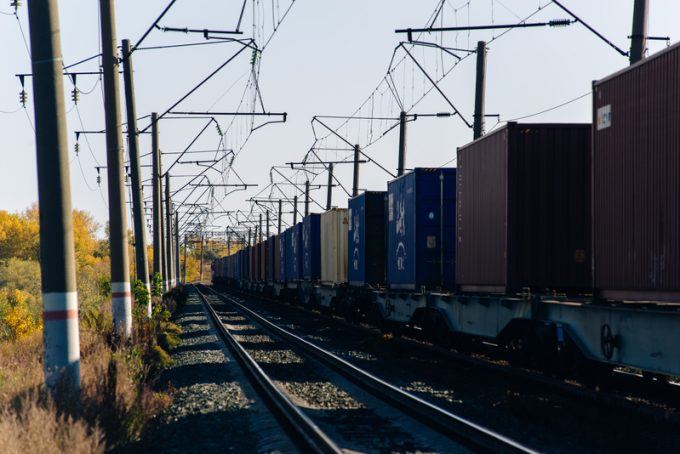Turkey upgrades rail freight network, eyeing more traffic from China
Turkey is making further inroads in its efforts to become the main link in Asia-Europe ...

Russia’s dependence on Chinese rail freight has been put into stark focus by the escalating chaos across the tracks following Ukraine’s counter-invasion last month, as the full impact of the west’s sanctions regime begins to bite.
According to reports out of Russia, China’s rail freight operators have been abandoning services to their neighbour as they look to prioritise their European customers.
A logistics expert in contact with Russia’s RZD-Partner, was quoted by Railfreight: “Our partners from ...
Semiconductors could compensate for air freight's lost ecommerce traffic
'It’s healthy competition' Maersk tells forwarders bidding for same business
Transpacific sees first major MSC blanks as rates fall and volumes falter
'Weakened' Maersk paying a heavy price for its lack of fleet growth
US shippers slam USTR port fee plan – 'an apocalypse for trade'
Opposition builds for final hearing on US plan to tax Chinese box ship calls
Despite sourcing shifts, 'don't write-off China', says CMA CGM CCO

Comment on this article